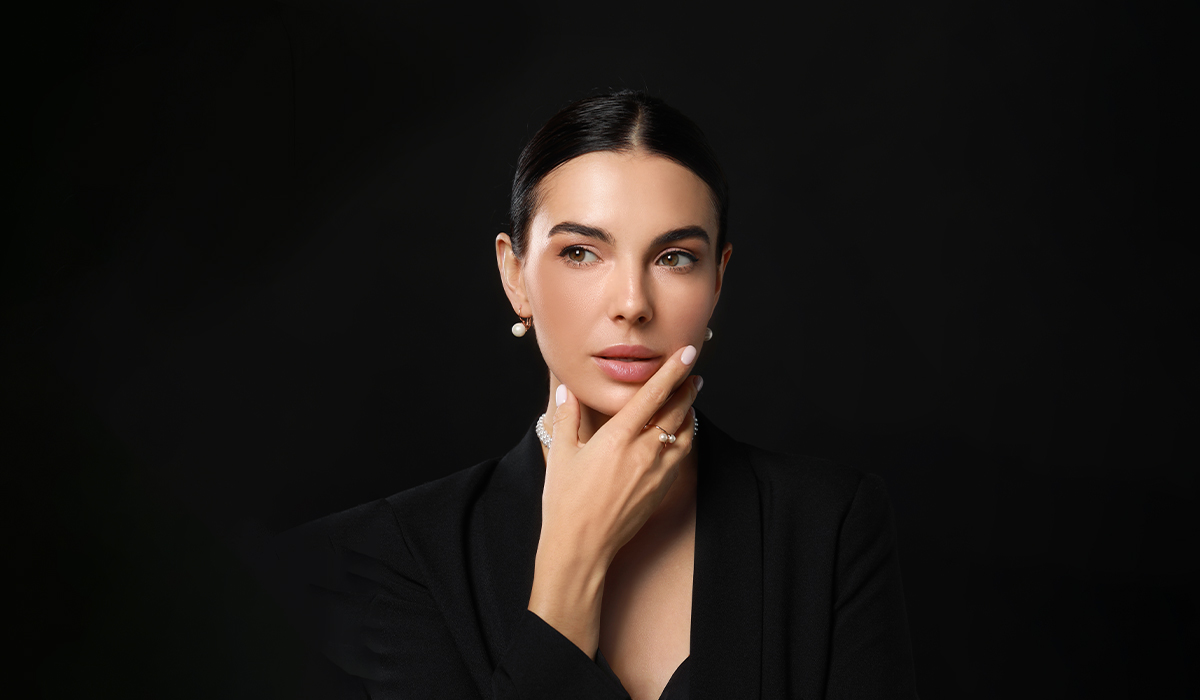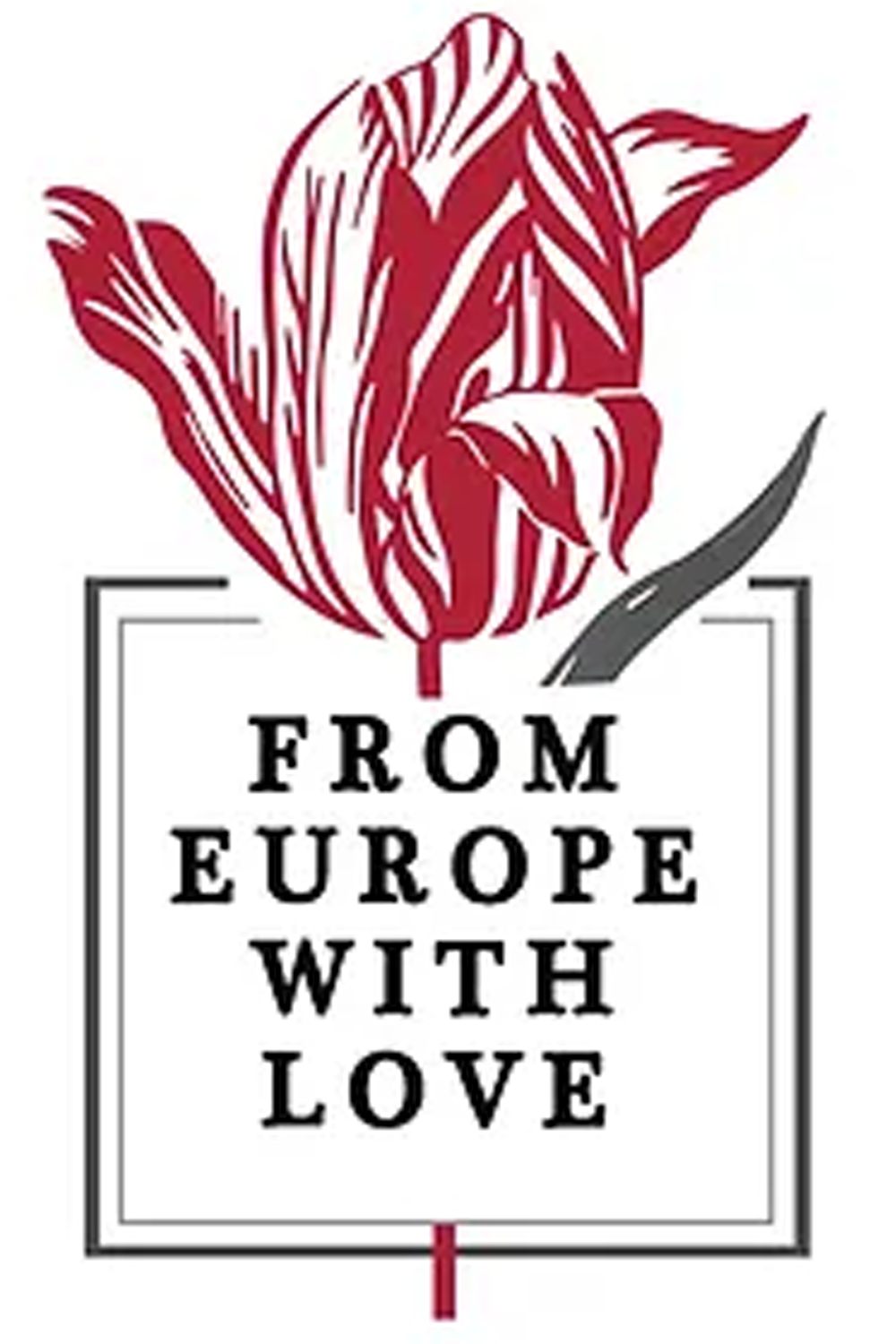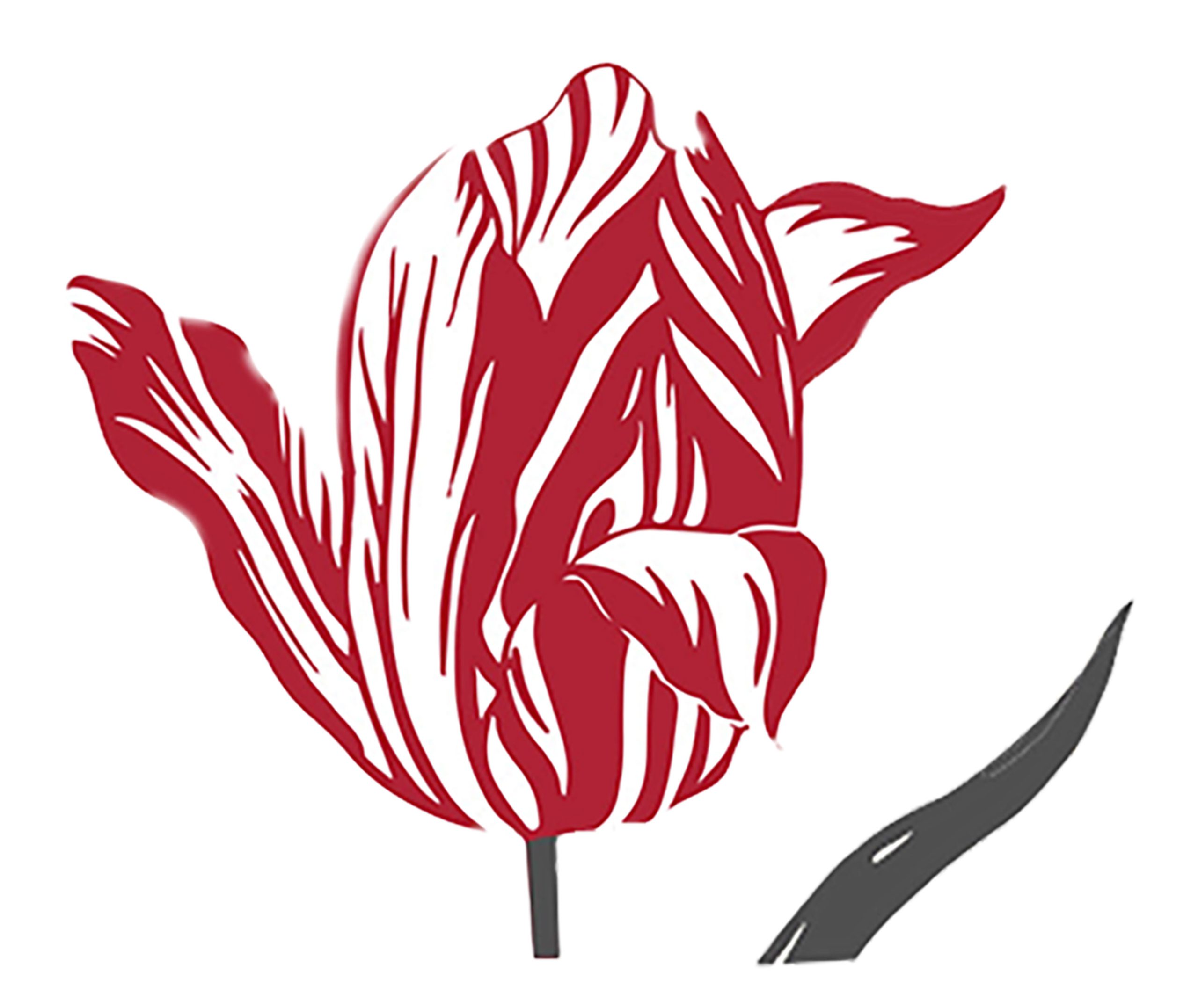Radiant Rosacea Facial Treatment in Palo Alto, CA
Experience the transformative effects of From Europe With Love’s rosacea facial treatment. We understand the unique needs of individuals with rosacea-prone skin and have tailored our treatments to provide soothing relief and visible results. Our estheticians use gentle yet effective techniques and specialized products to calm inflammation, reduce redness, and restore your skin’s natural radiance.
Our session addresses rosacea symptoms and leaves you feeling refreshed and revitalized. Whether seeking to soothe flare-ups or improve your skin’s overall health and appearance, our rosacea facial treatment is your ticket to a brighter, more confident complexion. Say goodbye to redness and hello to luminous skin with a rosacea facial treatment.
Ask About Acne Treatments At Palo Alto’s Renowned Skin Care Clinic!
"*" indicates required fields
What Is a Facial Treatment for Rosacea?
A facial treatment for rosacea is a gentle and specialized approach designed to soothe inflammation, reduce redness, and strengthen the skin’s barrier. It begins with a soft cleansing using mild, non-abrasive products to remove impurities without irritating. Before adding a calming mask, there is a gentle exfoliation, either with a mild chemical peel suitable for rosacea or an enzymatic peel, that further cleans your skin.
Next, a calming mask enriched with ingredients like aloe vera, chamomile, or colloidal oatmeal is applied to the skin. This mask helps to reduce redness and inflammation while providing much-needed hydration to soothe sensitive skin.
Following the mask, anti-inflammatory serums containing ingredients such as niacinamide, green tea extract, or licorice root extract are applied to further calm redness and strengthen the skin’s barrier function. Finally, a lightweight, non-comedogenic moisturizer hydrates the skin without exacerbating redness or clogging pores.
We emphasize sun protection after the treatment, as exposure can worsen rosacea symptoms. Clients are advised to use a broad-spectrum sunscreen with SPF 30 or higher to shield the skin from harmful UV rays. Overall, facial treatment for rosacea relieves symptoms, improves skin texture and appearance, and promotes overall skin health in a gentle and non-irritating manner.
How People With Rosacea Protect Their Skin
Protecting your skin with rosacea involves several steps to manage symptoms, treat rosacea, and prevent flare-ups. It’s essential to use gentle, non-irritating skin care products specifically formulated for sensitive skin; as the sentence implies, other products may irritate your skin. You should use mild cleansers, fragrance-free moisturizers, and non-comedogenic sunscreen with SPF 30 or higher to shield the skin from UV damage, which can aggravate rosacea.
Avoiding triggers such as spicy foods, alcohol, hot beverages, and extreme temperatures can also help minimize flare-ups. Stress-reducing techniques like meditation or yoga help alleviate stress-related flare-ups. Consulting with our team for personalized advice and treatment can help manage rosacea.

Rosacea Facial Redness Treatment FAQs
Common skin irritants for rosacea include harsh skincare products containing alcohol and fragrances, hot beverages like coffee and tea, spicy foods, extreme temperatures, sun exposure, stress, and certain skincare ingredients such as menthol and witch hazel. These triggers can exacerbate redness, flushing, and inflammation in rosacea-prone skin.
To manage rosacea effectively, it’s essential to avoid these irritants, adopt a gentle skincare routine with fragrance-free and non-comedogenic products, protect the skin from sun exposure with sunscreen, and practice stress-reducing techniques.
Rosacea is a chronic inflammatory skin condition characterized by facial redness, flushing, visible blood vessels, and sometimes acne-like bumps. While the exact cause of rosacea is unknown, several factors are believed to contribute to its development, including genetic predisposition, abnormal immune response, environmental triggers, and certain bacteria (such as H. pylori) in the digestive system.
Factors like sun exposure, spicy foods, hot beverages, alcohol consumption, extreme temperatures, and certain skincare products can exacerbate rosacea symptoms. Hormonal changes and blood vessel abnormalities may also play a role in the development and progression of rosacea. While rosacea cannot be cured, it can be effectively managed with proper skincare, lifestyle modifications, and medical treatments recommended by our team.
No, rosacea is not contagious. It is a non-infectious skin condition resulting from genetic, environmental, and immune system factors. While the exact cause of rosacea is not fully understood, it is not caused by bacteria, viruses, or other pathogens that can be transmitted from person to person. Rosacea develops due to underlying abnormalities in the skin and blood vessels, leading to symptoms such as facial redness, flushing, and inflammation.
However, it is important to note that rosacea can sometimes run in families, suggesting a genetic predisposition. Still, it cannot be passed directly from one person to another through physical contact or airborne means.
Acne rosacea, or papulopustular rosacea, presents with facial redness, flushing, and papules and pustules resembling acne. It primarily affects the central face area, including the cheeks, nose, chin, and forehead.
Ocular rosacea primarily involves the eyes and eyelids, presenting symptoms such as redness, irritation, dryness, itching, and light sensitivity, which can affect your eyes. Ocular rosacea can occur concurrently with facial rosacea or independently, and if left untreated, it may lead to complications such as corneal damage and vision impairment.
While individuals with rosacea may have a slightly increased risk of certain skin cancers like basal cell carcinoma and squamous cell carcinoma, the overall risk remains low. The association between rosacea and skin cancer is not fully understood, but factors such as chronic inflammation and UV exposure may play a role. Sun protection measures and regular skin examinations are recommended to mitigate the risk.
Ask About Acne Treatments At Palo Alto’s Renowned Skin Care Clinic!
"*" indicates required fields
When Your Rosacea Flares Up
From Europe With Love’s mission remains constant: empowering individuals to manage their skin effectively. We understand the challenges of rosacea and offer personalized treatment to those afflicted. With our clinical approach and eight years of experience, our team transforms your skin and boosts your confidence. Join us at From Europe With Love and embark on a journey to your best skin!

